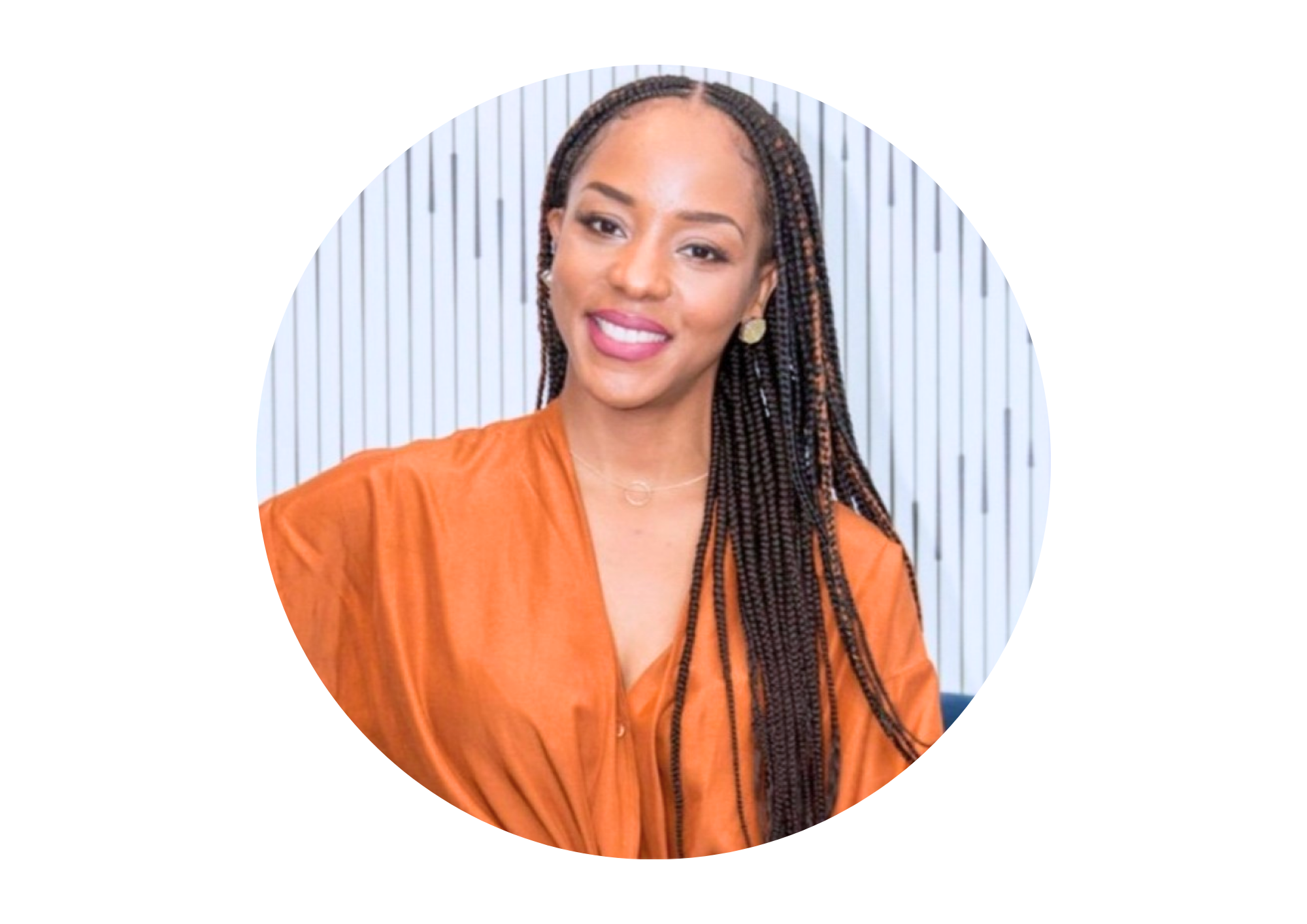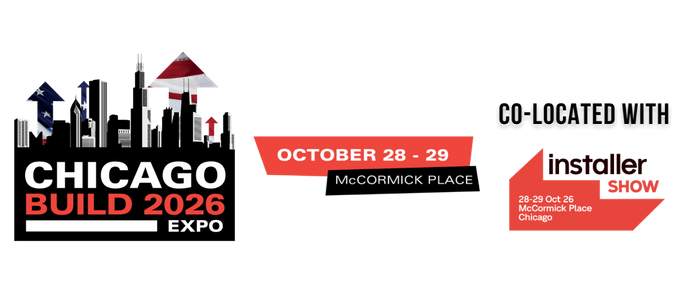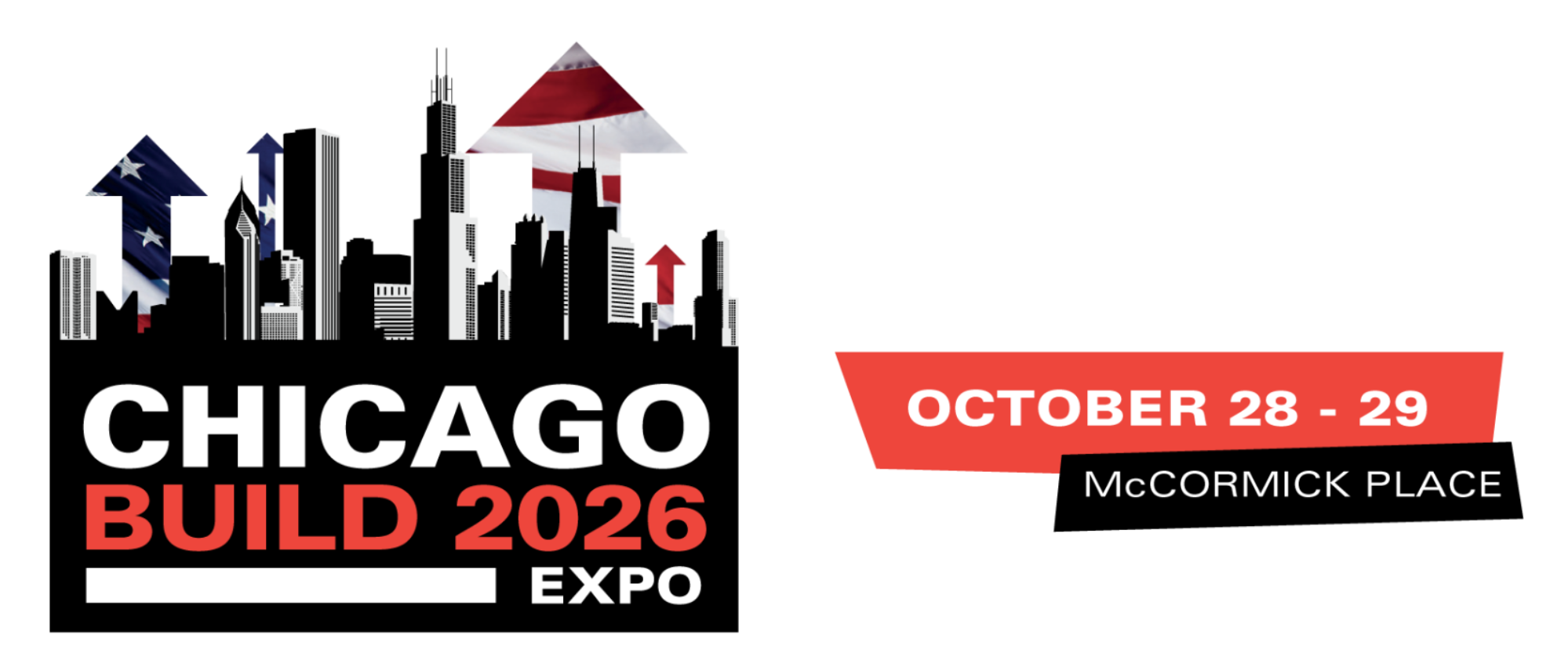Building Strength Beyond Steel: Championing Mental Health in Construction
)
*Disclaimer*: This article discusses sensitive topics related to mental health struggles. If you or someone you know is struggling, please seek professional help or contact a mental health organisation. Resources are available at the end of this article.
As a Career Sucess Coach in the Environment, Health & Safety field, Iesha Sturdivant has seen the weight construction professionals often carry behind the scenes. Drawing on a background in trauma-informed practice and mental health support, they’re helping break the silence and bring compassion to one of the toughest industries.
In this interview, she shares their insights on why mental health matters in construction, how leaders can make a difference, and why vulnerability is the new definition of strength.
About Iesha Sturdivant
Iesha Sturdivant is a Career Success Manager with expertise in the Environmental Health & Safety (EHS) and solar industries. She integrates trauma-informed and restorative practices into her coaching to strengthen workforce development, while also leads mindfulness-based initiatives through Mindful Music Meditation, a practice rooted in music therapy. Passionate about advancing mental health and equity in the workplace, Iesha partners with both professionals and communities to create safer, more sustainable career pathways.
What inspired you to speak out about mental health in construction?
In my work as a career workforce coach in the Environment Health & Safety field, I’ve seen how much pressure workers carry in silence. My background in trauma-informed practices and supporting moms with mental health showed me the power of speaking up, and I want construction workers to know they don’t have to struggle alone.
Why do you think stigma around mental health is so strong in this industry?
Construction has a culture of toughness. While resilience is important, it often discourages vulnerability. Many workers fear looking weak if they open up, which keeps mental health challenges hidden.
How can leaders and coworkers create a safer space to talk about mental health?
Leaders can model openness by sharing their own stories and making resources visible. Coworkers can check in with each other, listen without judgment, and normalize conversations about stress just like they would about safety.
What changes would you like to see across the industry?
I’d like to see mental health treated as safety. Built into training, toolbox talks, and site culture. Caring for your mind should be seen as a strength, not a weakness.
What message do you want every worker to hear about mental health?
You’re not alone, and reaching out is a sign of strength. Taking care of your mental health is just as important as protecting your body on the job.
Every voice helps make the construction industry stronger — and Iesha Sturdivant’s voice reminds us that strength starts with compassion. At Chicago Build, we’re proud to work with ambassadors who are leading the way in mental health awareness. Join our Mental Health in Construction Ambassador Community and be part of a movement that’s building a workforce where no one has to struggle alone.

